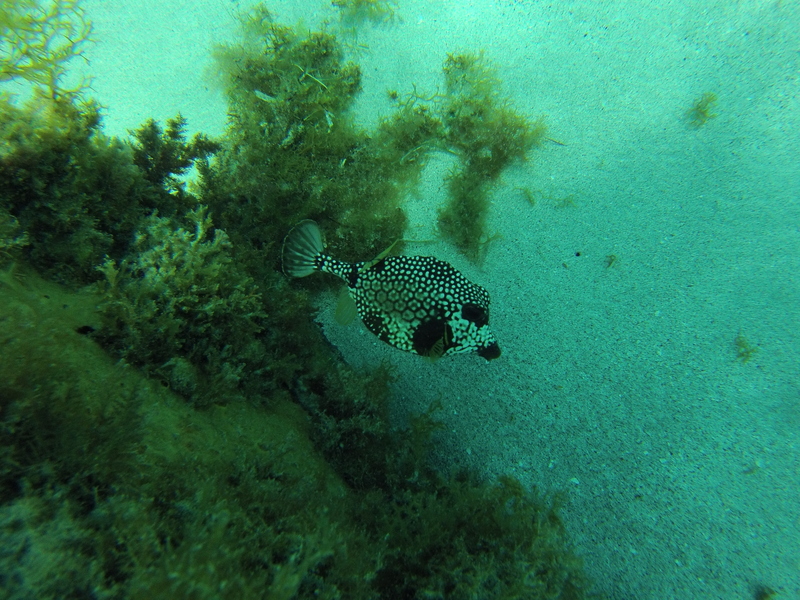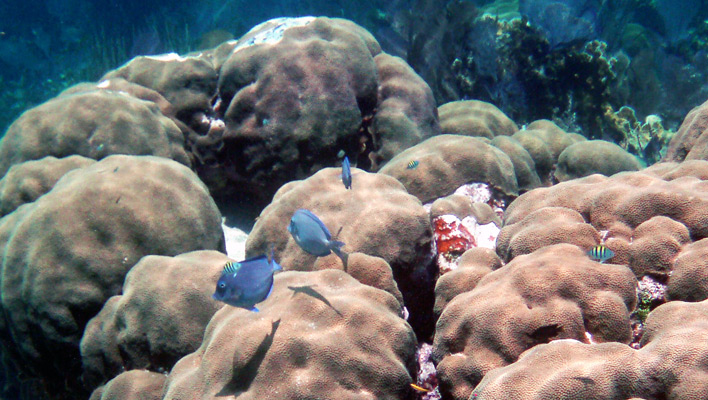Mastiffsrule
Where ever you go, there you are, so be nice 2 you
View BadgesExcellence Award
Reef Tank 365
Article Contributor
Reef Squad Emeritus
Hospitality Award
My Tank Thread
Follow along with the video below to see how to install our site as a web app on your home screen.
Note: This feature may not be available in some browsers.
You could throw a bottle of ich or velvet in there and they would probably eat it while they are all laughing.
I’m in the camp of NO quarantine. I’ve always bought my fish from the same lfs and just float and plop. They live in prestine water conditions, lots of biological filtration since I have a lot of rock. I also have a UV filter. I feed them high quality frozen fish food roughly 10 to 14 cubes a day. You could throw a bottle of ich or velvet in there and they would probably eat it while they are all laughing. I Just introduced my last fish a baby Blueline trigger a few weeks ago, and no fish came down with anything as is always the case.

The immune system is made up of neutrophils, eosinophils, mast cells, T-cells, lymphocytes, etc. These aren't made in, or influenced by the gut, or diet. They come from hematopoietic stem cells made in bone marrow.
I would believe that healthy diet contributes to overall health, growth, and development. But I wouldn't take it much further than that, when it comes to the immune system or immune response.
Nice tank - I wonder as others have - whether part of your success relates to the high number of 'things' that could potentially 'eat' protozoans - as well as your low stocking density?I’m in the camp of NO quarantine. I’ve always bought my fish from the same lfs and just float and plop. They live in prestine water conditions, lots of biological filtration since I have a lot of rock. I also have a UV filter. I feed them high quality frozen fish food roughly 10 to 14 cubes a day. You could throw a bottle of ich or velvet in there and they would probably eat it while they are all laughing. I Just introduced my last fish a baby Blueline trigger a few weeks ago, and no fish came down with anything as is always the case.

I dont want to read 14 pages. What is the consensus? lol
Just be thankful you've been lucky instead.
He has a tank of very hardy and battle tested fish. They live forever, so he's not constantly buying new.
The immune system is made up of neutrophils, eosinophils, mast cells, T-cells, lymphocytes, etc. These aren't made in, or influenced by the gut, or diet. They come from hematopoietic stem cells made in bone marrow.


I actually do keep a bunch of fish that are not considered very hardy like pipefish, Queen anthius, copperband, hippo tang, etc.
I also have had many tangs and moorish Idols. No disease yet.
A fishes immunity is mostly concentrated in it's slime. Something most of us don't have. A fishes skin is a living thing, ours is dead on the outside. The slime is also a living thing full of antibodies and antiparasitic substances but only if the fish gets the right diet. We humans can live "and Spawn" living on potato chips and cheap beer. Fish can't.
Since you have said your tank is 40 + years old - and that 'your fish die of old age' - Where have all the tangs and moorish idols gone? (I assume you traded them away - because you find them boring) - but - im sure the question is coming either way (yellow tangs at least are known to be up to 40 years old in the wild)

This is only partly true - and humans do have 'a slime or sorts' - its called skin, the oils on our skin and the mostly dead/dying skin that produces a significant barrier against illness/infection (underneath the 'dead skin' is a very much living tissue (skin is considered the largest organ in the human body). Without this "slime" when humans have significant burns, for example - they often die due to overwhelming infection.

